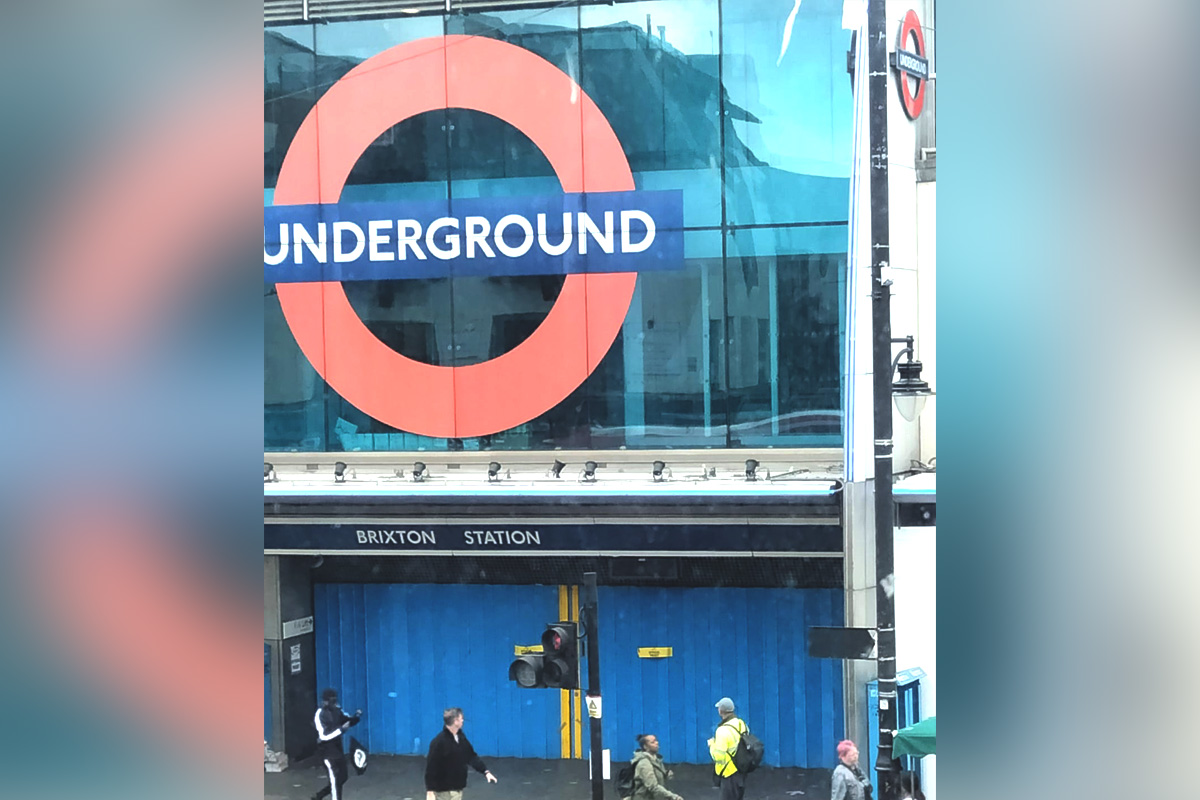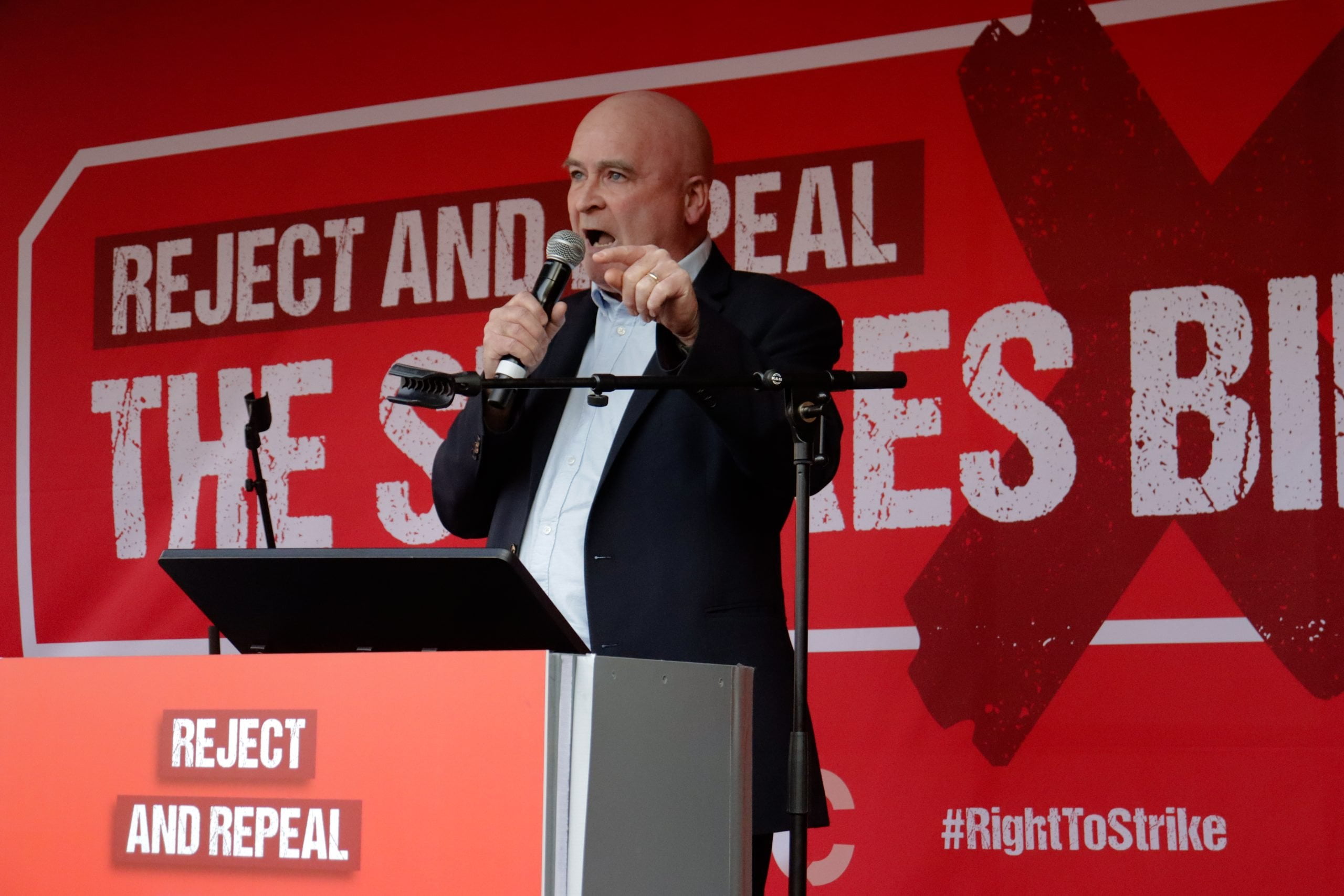The national union for workers in Rail, Maritime, and Transport (RMT) has announced seven days of rolling strike action to shut down the London Underground (LU).
The struggle over pay – with a rejection of the paltry 3.4 percent offer from Transport for London (TfL) bosses – and for better contractual hours will start on 5 September. A full or quasi-full shutdown of the Tube is expected to take place from Sunday 7.
Already, the few establishment rags that have commented on the news are up in arms, chanting their usual refrain about “privileged” Tube workers “holding the rest of society at ransom”.
What about the billionaire media barons and hacks on six-figure salaries who use their monopoly over the press to spout lies, distortions, and hypocrisy? Aren’t they holding the working class to ransom everyday?!
Bosses feeling threatened
Interestingly however, the press’ usual chorus of indignation has been accompanied by warnings over an “Autumn of discontent” that these LU strikes could trigger.
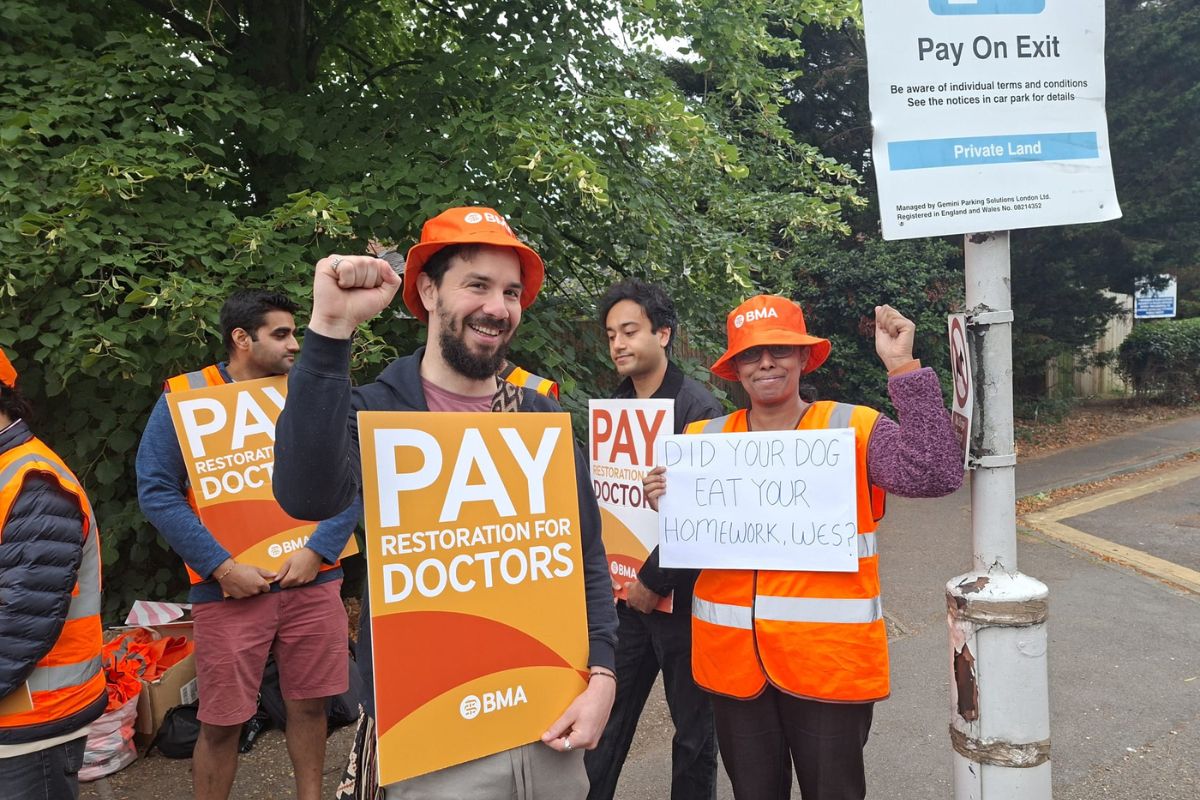
With ballot victories multiplying across different unions and sectors, particularly within the NHS, the bosses are clearly worried that a strike from their old nemesis could act as spark for the class anger in society, helping to catalyse other struggles.
Already, the RMT have coordinated action to ensure that Tube workers strike with Docklands Light Railway workers, echoing the 2022/23 strike wave.
That tsunami of industrial militancy was kickstarted by coordinated rail strikes in different companies, including joint days of action between LU and national rail workers.
Nowhere to hide
No wonder, then, that London Mayor Sadiq Khan – responsible for this latest pay deal – and other ‘Labour’ leaders have remained conspicuously silent about this Tube strike. Presumably, they hope that if they just shut their eyes, then all their problems will go away!
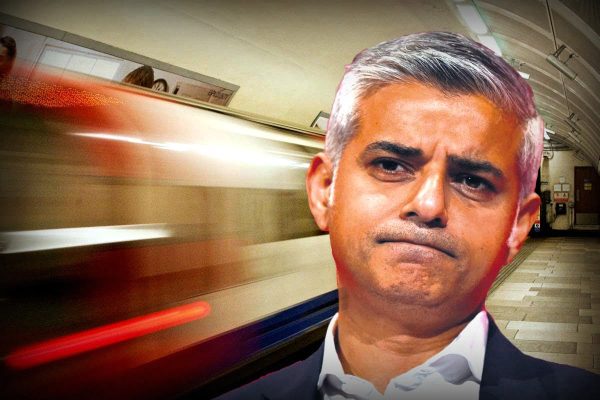
In the last round of Tube strikes, Khan took an equivocal position, trying to blame the then Tory government for the strike, while also condemning the union.
Today, he has nowhere to hide: it is Labour implementing the cuts and attacks on working conditions. This fact is highly embarrassing to the London Mayor.
Unfortunately for him, it will not be easy to wriggle out of this dispute. The bond markets and bankers are demanding attacks on the working class on all fronts. And a victory for Tube workers – in a high-profile strike – could embolden others elsewhere to fight back.
On the other side, after a decade-and-a-half of real-pay cuts, workers are in no mood to cave in either. Reports from our correspondents on the ground say that there is no trust in the Labour government or the Mayor’s office. At the same time, the idea of rolling action – as opposed to single days of action – has received an enthusiastic response.
Labour scoundrel Wes Streeting adequately summarised this ‘rock and a hard place’ situation, saying that the government had a “responsibility to resist pay rises” (except those for politicians, of course).
“You look at the range of pressures we’re facing domestically, internationally, economically,” the Blairite health secretary added, “Keir and Rachel are carrying all of those pressures together.” Poor them!
Power and strength
The Tube workers have the potential to act as an important point of reference for the class struggle in Britain.
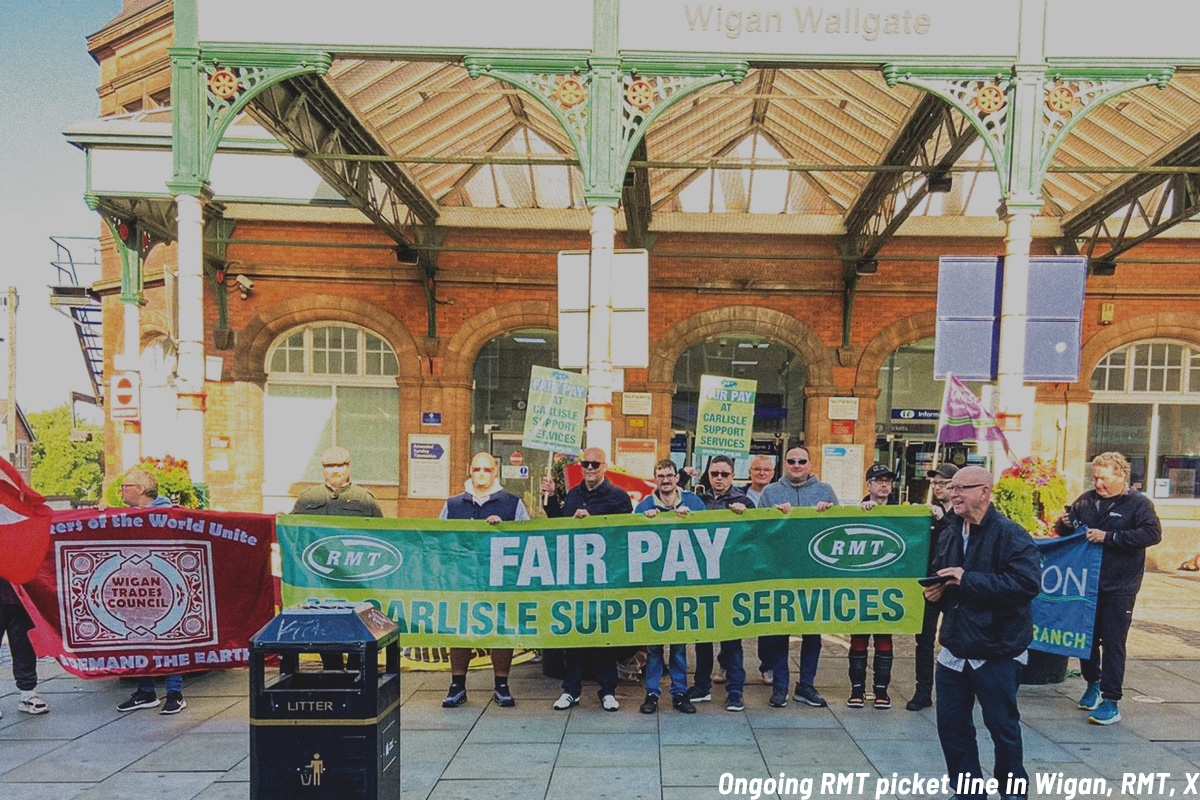
The concentrated power of a few thousand workers to bring the capital’s transport to a standstill could grab the attention of workers everywhere. Likewise, a victory will infuse workers with the will and confidence to take action themselves.
It is therefore completely correct that the union leadership are not only demanding better pay, trying to recuperate previous losses, but are also going for a shortening of the working week.
These demands are entirely realisable. According to an estimate cited in the Telegraph, it would cost the whole City of London a quarter of a billion pounds for Tube workers to take just one week of action. This highlights the enormous wealth that exists in these citadels of capitalism.
As essential workers, RMT members are helping to turn the wheels of British capitalism – and thereby making a very big contribution to the ever-increasing profits of the billionaire and multi-millionaire elites.
This both shows the potential power and strength that the working class possesses, if organised and mobilised; and underlines why striking union members are 100 percent correct to fight for more than crumbs, with their demands for better pay and conditions.
On the offensive!
The sky is the limit in terms of what the strike could achieve. Furthermore, this action could set a precedent: an example for unions elsewhere to go on the offensive, rather than being on the backfoot in every struggle.

Going forwards, boldness in demands must be met by boldness in action. The RMT must use the publicity it will inevitably get from the strike to call on workers elsewhere to join them in a coordinated fightback against the government.
This is the main lesson from the 2022/23 strike wave. Despite the immense mood across the board for joint action, the union leaders failed to truly coordinate across different sectors.
The result was that different strikes were picked off and isolated. And eventually the strike wave petered out in a series of bittersweet deals and Pyrrhic victories.
A widespread, militant campaign against Labour’s austerity – in advance of the Autumn Budget – would galvanise the working class, at a time when workers everywhere are desperate for a fightback against Starmer and the billionaires.
The RMT is in a position to set off the starting pistol on such a struggle. It must seize this opportunity.
Victory to the Tube workers! For joint action across the public sector! Make the billionaires pay!

